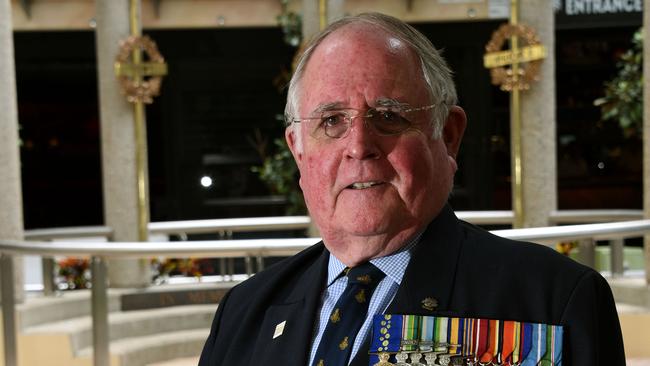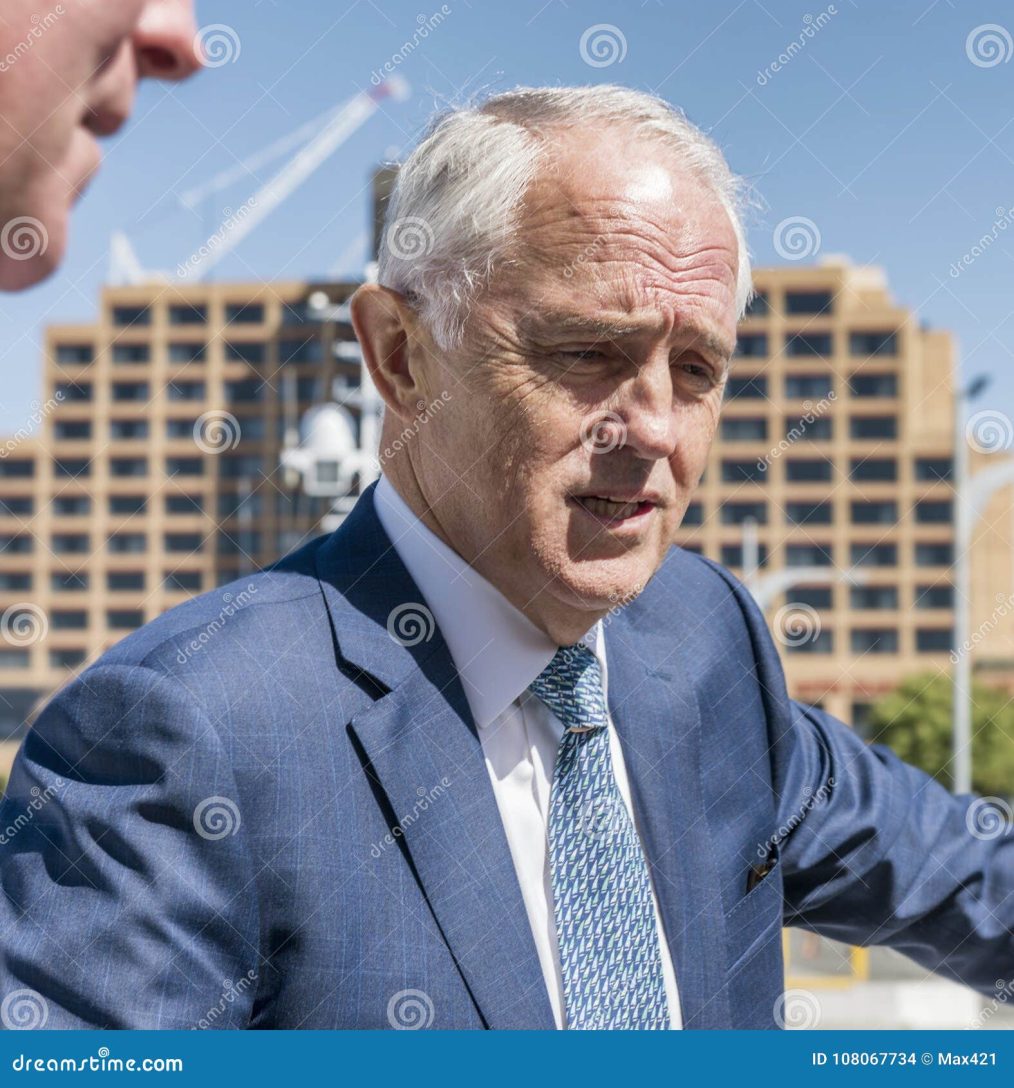The recent announcement by Women’s Minister Katy Gallagher regarding the government’s intention to leverage its purchasing power to compel businesses to advance women’s outcomes has sparked considerable concern. Senator Gallagher emphasized the government’s plan to utilize its annual $70 billion expenditure on goods and services to ensure a fairer distribution of resources towards women. This initiative entails mandating businesses with 500 or more employees to commit to specific targets aimed at enhancing gender equality within their workplaces in order to be eligible for government contracts.
Under this proposal, businesses would be required to address various aspects such as the gender composition of their boards and workforce, ensuring equal pay, implementing flexible working arrangements, fostering workplace consultation on gender equality, and actively preventing and addressing sexual harassment. The Workplace Gender Equality Agency would collaborate with businesses to establish these targets, effectively placing a new layer of regulatory oversight on private enterprises.
Moreover, this move follows the implementation of “positive duty” laws, which obligate companies to take proactive measures to prevent assault and harassment rather than merely reacting to incidents after they occur. Senator Gallagher stressed that businesses would not only need to set targets for gender equality but also demonstrate tangible progress towards achieving them.
Additionally, the government intends to introduce more stringent targets for female representation on government boards and advisory bodies as part of its broader national strategy dubbed “working for women.” While framed as a commitment to advancing the rights and opportunities for women and girls in Australia, concerns linger regarding the practical implications and potential unintended consequences of such sweeping mandates.
The strategy identifies five priority areas for attention, including ending gender-based violence, enhancing economic equality and security, improving health outcomes, and increasing women’s representation in leadership and decision-making roles. However, questions remain regarding the feasibility and effectiveness of these initiatives in addressing deeply entrenched societal inequalities.
Moreover, while the opposition party has proposed measures to address the gender disparity in superannuation through the expansion of the government-funded Paid Parental Leave scheme, the underlying systemic issues contributing to the super gap between men and women remain largely unaddressed.
In summary, while the government’s initiative to leverage its purchasing power to promote gender equality may be well-intentioned, there are legitimate concerns regarding its efficacy, potential burdens on businesses, and the need for a comprehensive approach to addressing systemic inequalities faced by women in Australia.
 NO one begins a day expecting not to be there at the end of it.
NO one begins a day expecting not to be there at the end of it.









